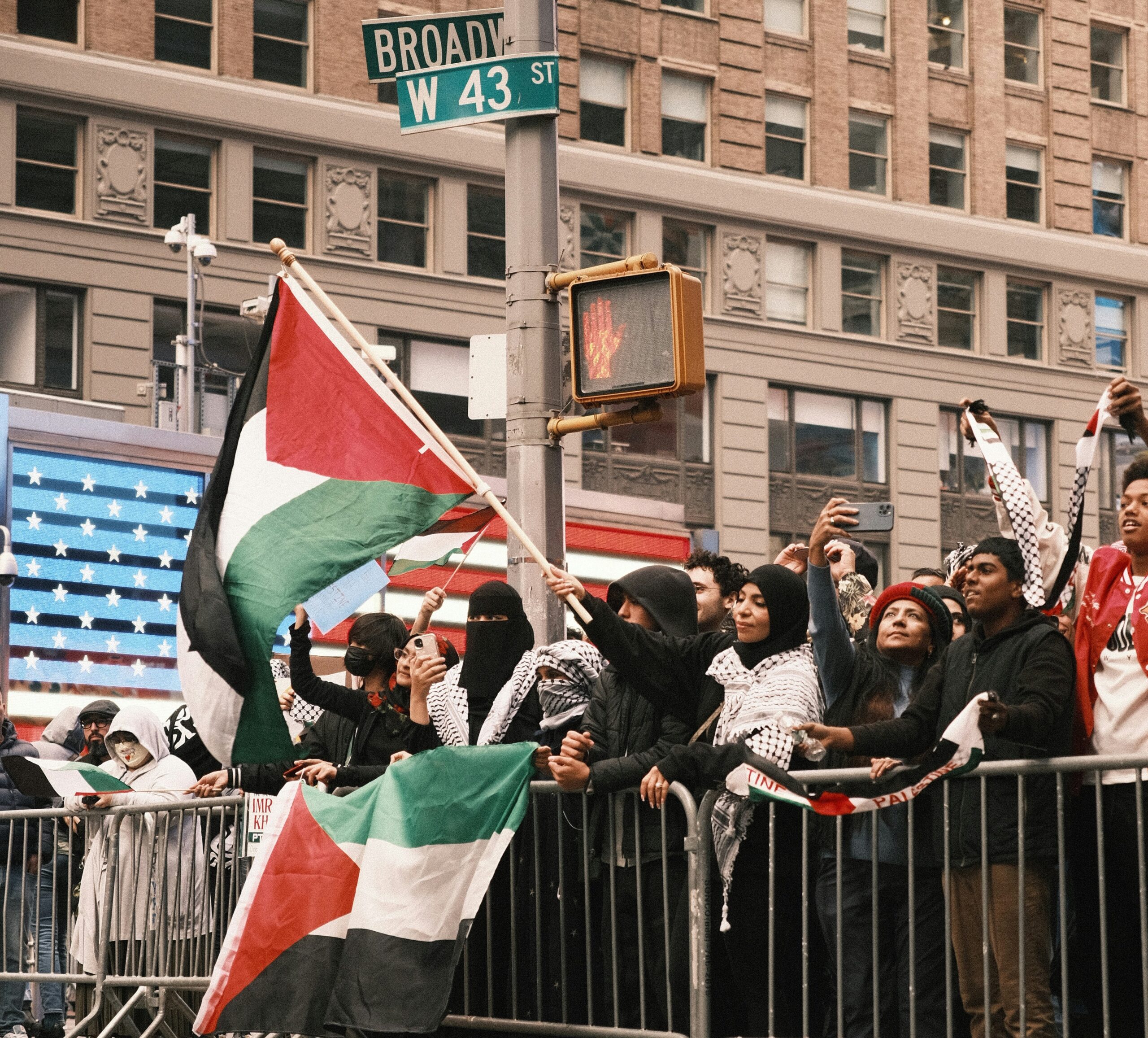Since President Donald Trump began his second term in January 2025, immigration authorities in the United States have revoked the visas of hundreds of international students and recent graduates, with some individuals also facing arrest. A significant number of those affected had participated in pro-Palestinian demonstrations that took place on university campuses throughout 2024, during Israel’s ongoing military campaign in Gaza. Others appear to have had only indirect links to the Palestinian cause or had expressed solidarity with Gaza on social media. The Trump administration has justified the revocations by accusing the students of promoting antisemitic or pro-Hamas views—claims that have been firmly rejected by students, legal experts, and activists, including many Jewish groups who have played a leading role in campus protests.
Reports suggest that visa revocations have occurred across more than 240 US colleges and universities, including prestigious institutions such as Harvard, Stanford, and Ohio State University. While US Secretary of State Marco Rubio initially stated that around 300 student visas had been cancelled, various independent estimates place the true figure far higher. According to the American Immigration Lawyers Association, over 4,700 students have been removed from the federal Student and Exchange Visitor Information System (SEVIS), while other organisations estimate that at least 1,400 students now face possible deportation. Legal professionals note that students have been affected not only for political expression but also for minor infractions, such as traffic violations, or in some instances, without any clear justification.
The widespread visa cancellations have had a chilling effect on academic communities, creating uncertainty and fear among international students and faculty. Some universities, such as George Mason University, are actively supporting affected students by providing legal aid and liaising with federal agencies. Legal professionals, including Mohammad Ali Syed in Washington, DC, have urged students to pursue legal remedies, including temporary restraining orders and federal lawsuits to challenge the terminations. Meanwhile, faculty members express concern that the administration’s actions are being used to intimidate and silence dissent, particularly around issues related to Palestine. They warn that the message being sent is that international students’ rights are conditional and that the administration is exploiting this moment to reshape campus discourse and restrict political activism.







